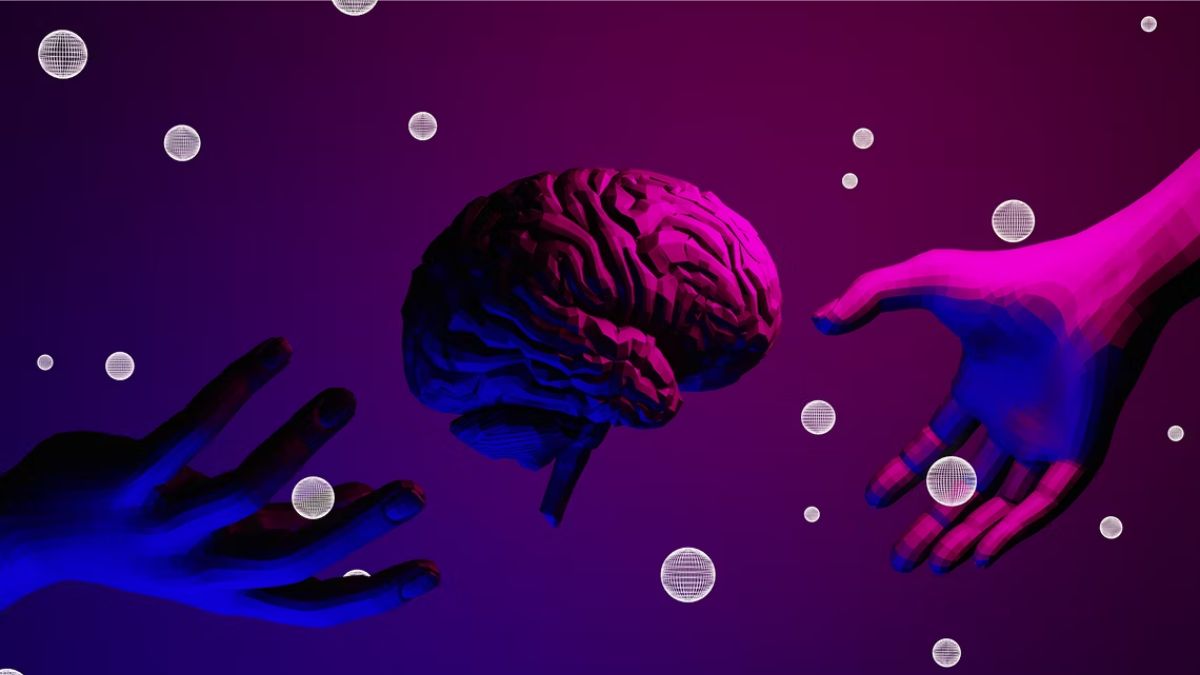Understanding the AI Singularity: What Is It and What Are the Risks?
February 14, 2024 By Prelo Con

(Image Credit Google)
The idea of singularity has become increasingly prominent as AI technology has advanced. Regardless, what exactly is the singularity, when will it occur, and what dangers does it pose to humanity?
A theoretical concept known as "singularity" suggests that artificial intelligence (AI) will eventually surpass human intelligence. According to an Oxford Academic article, it envisions a time when PCs are "Sufficiently canny to duplicate themselves to dwarf us and work on themselves to out-think us." This may occur via the development of superhuman intellect or by autonomous machine production devoid of human involvement.
Also Read: Microsoft Prepares to Take Xbox Everywhere
It's important to remember that singularity could take on numerous forms, even though it has frequently been associated with machines possessing intelligence comparable to that of humans. The singularity could be brought about by machines that think and have capability in manners we've never seen, as opposed to just simulating human thinking.
Moreover, the achievement of the singularity may lead to super-intelligent computers communicating with each other, bypassing the need for human facilitation. This broader concept, known as the technological singularity, encompasses the uncontrollable growth of intelligent machines.
When Can We Expect Singularity?
Important advancements in science and engineering are needed to create AI systems that are more intelligent than humans. Even while there are excellent AI gadgets like ChatGPT and DALL-E, they are still a long way from reaching the position of singularity. Present AI systems have difficulty interpreting emotions, context, and subtleties as well as verifying the veracity of claims. Some contend that they are still incapable of experiencing empathy.
Regarding the singularity, predictions vary greatly. Some futurists, such as Ray Kurzweil, the Director of Engineering at Google, predict that by 2029, machines will be smarter than humans. He even predicts the singularity—the fusion of humans and computers by 2045—in this scenario. Some anticipate the singularity to be attained soon, such as SingularityNET CEO Ben Goertzel. But detractors contend that thresholds for calculating power and the degree of human intelligence might prevent the singularity from ever happening.
The primary issue with singularity is the lack of control over artificial intelligence. AI systems currently function under certain boundaries that their creators have established. For example, OpenAI controls ChatGPT's functionality and actions. AI systems could make judgments on their own, though, if they develop to a level of intelligence that allows them to overlook these constraints. This lack of control could have unanticipated and possibly harmful effects.
However, it's important to note that these risks are contingent upon the singularity being achieved, which remains uncertain. As we continue to investigate the potential of AI, we should concentrate on its ethical development and responsible application.
Overall, the idea of singularity is still fascinating, but it may not actually come to pass. We should be cautious as AI technology develops, making sure that it stays true to our principles and does not interfere with our ability to control intelligent systems.
By Prelo Con
Following my passion by reviewing latest tech. Just love it.







